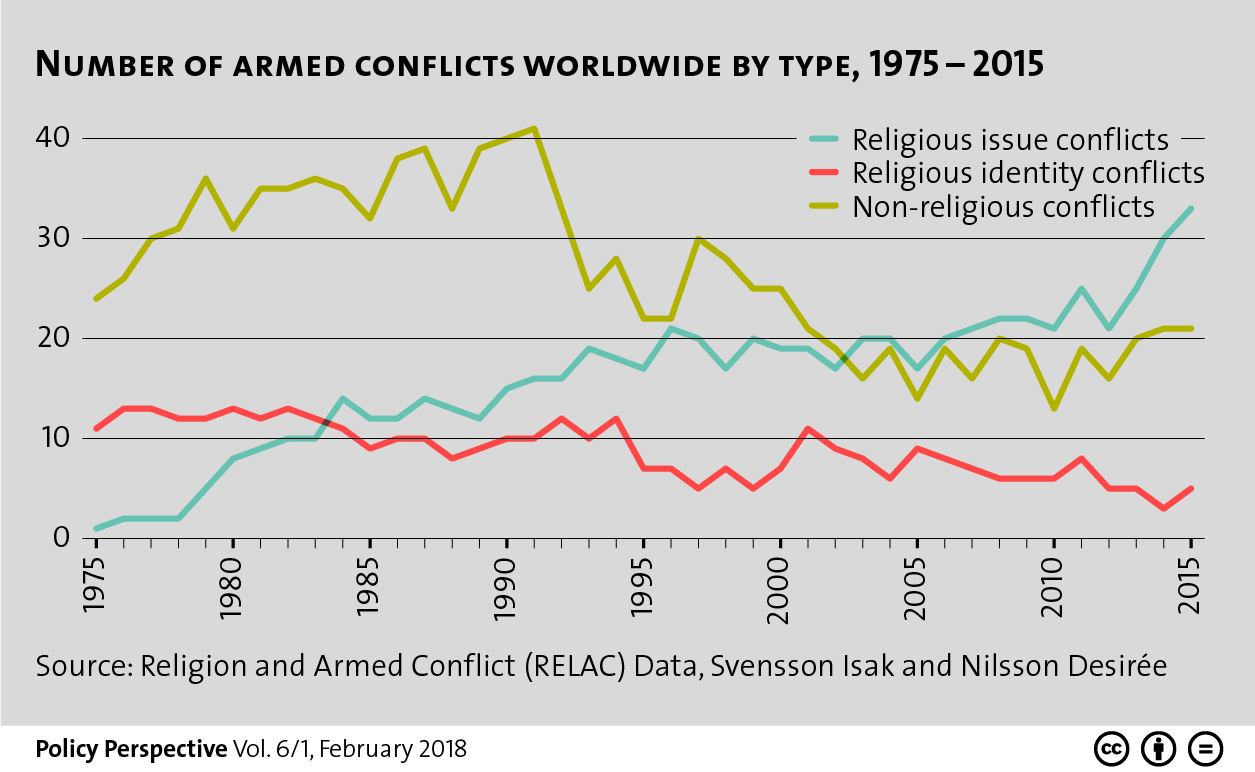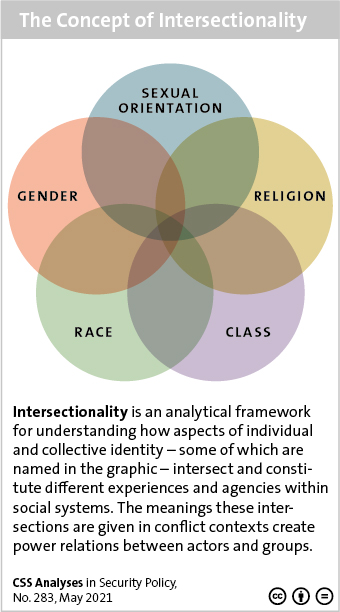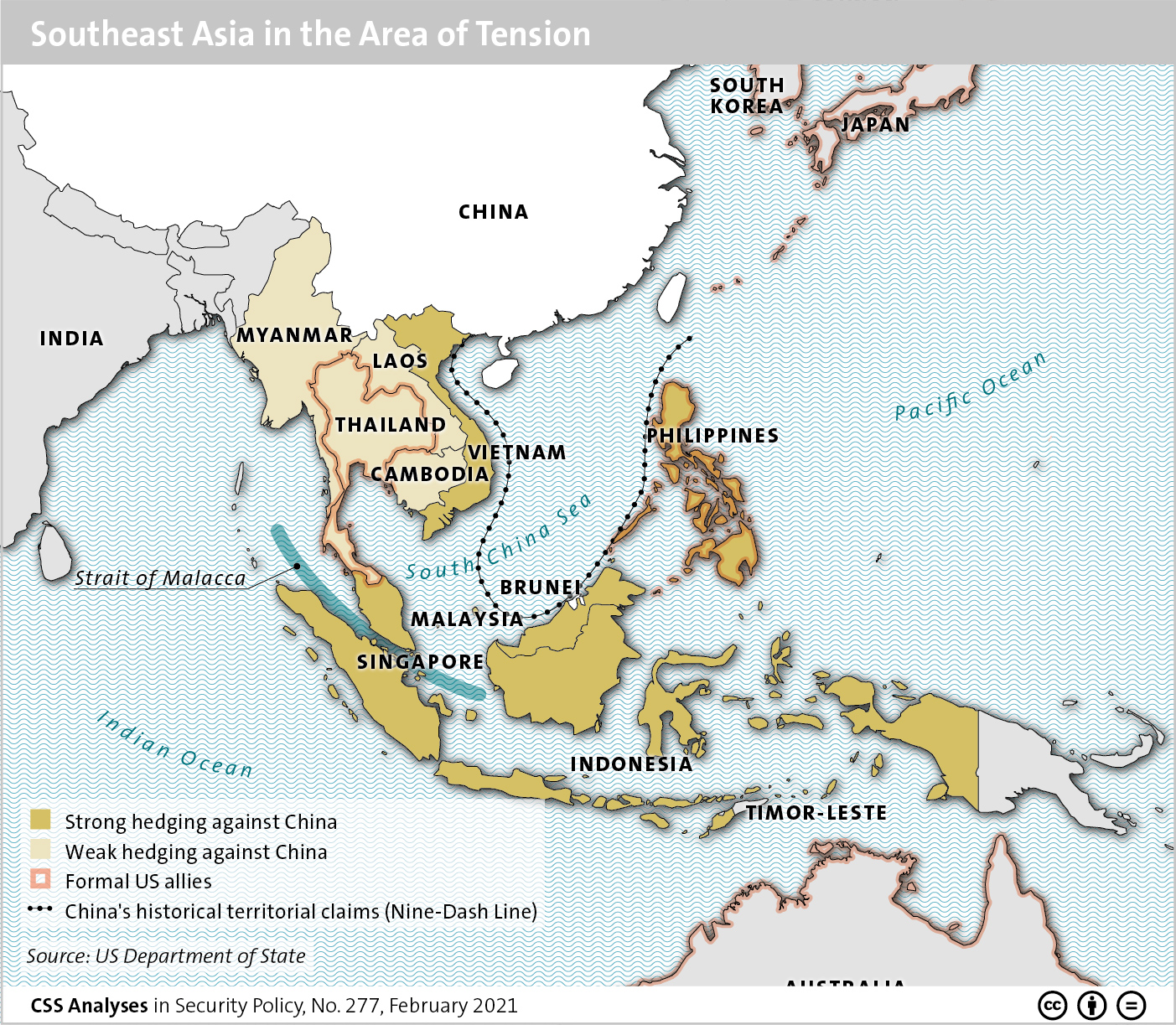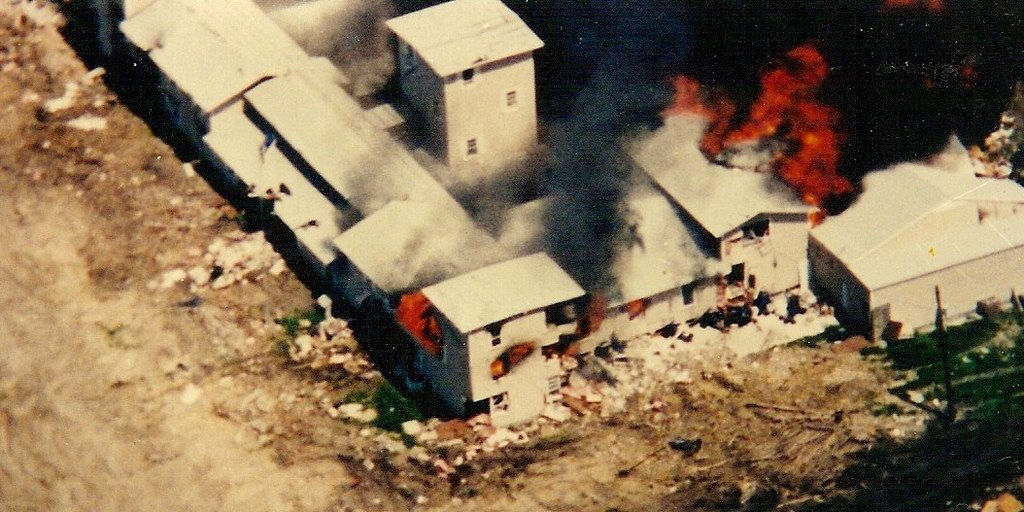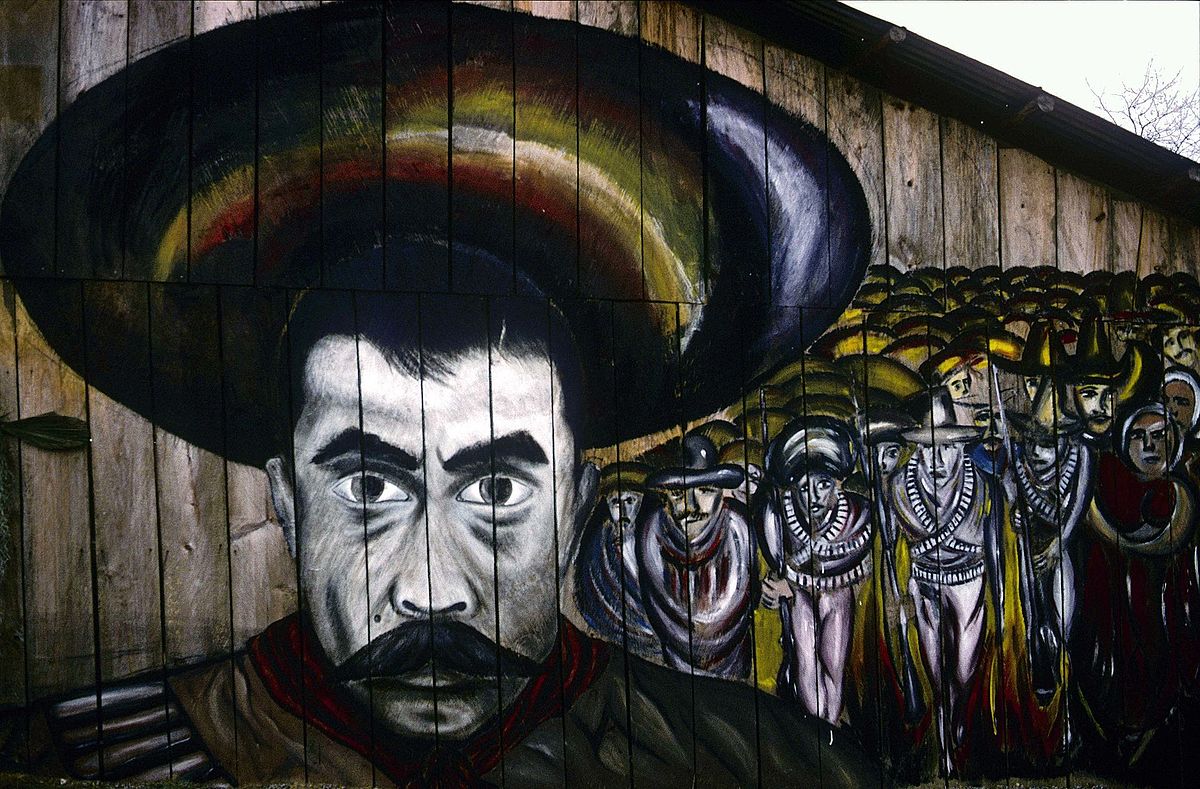
Image courtesy of Julian Stallabrass / Wikimedia, Mural from the Zapatista Army of National Liberation, a non-state actor in Mexico.
Mediation Perspectives is a regular series of blog contributions by the CSS Mediation Support Team and occasional guest authors.
How do ceasefires affect the ripeness of conflict for a negotiated solution? Based on evidence from frozen conflicts in places like Cyprus or Western Sahara, many assume that we need to choose between saving lives immediately or in the future, as ceasefires stop the fighting in the short term but may impede the search for a more sustainable political settlement. However, cases such as the Philippines or the Sudan North-South peace process demonstrate that ceasefires do not automatically create such a trade-off: they can serve crucial roles in stopping the fighting and in reviving or sustaining peace processes that lead to lasting solutions.

